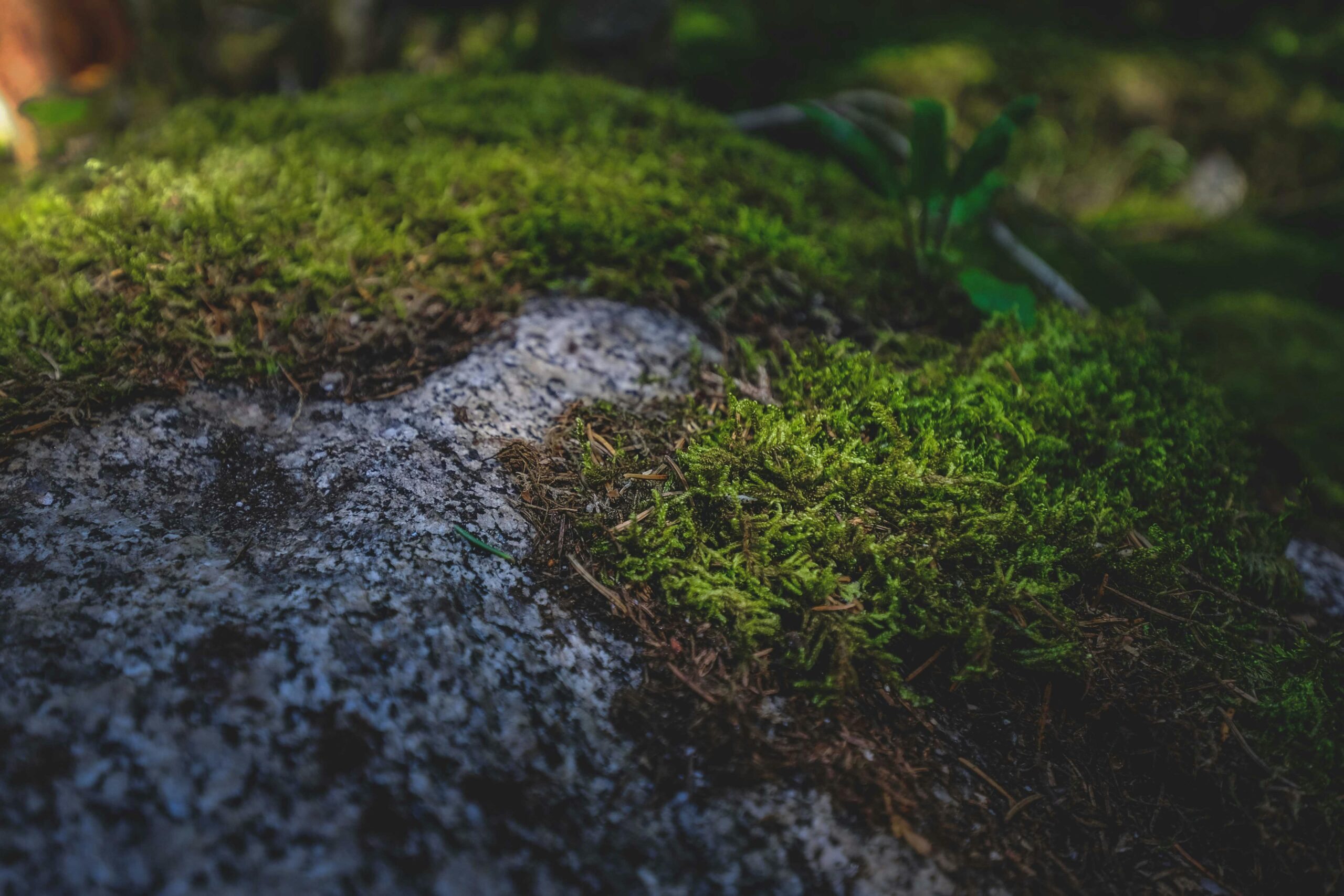By: Selena Lin
Chinese scientists have discovered a type of moss that can grow on Mars. This moss must be adapted to harsh places due to the conditions such as high carbon dioxide, temperatures as low as -196°C, and high UV rays on Mars. Many other types of plants have not survived the relentless experiments of the scientists. However, Chinese researchers told BBC reporters that a species of moss, Syntrichia caninervis, has not only survived but adapted quickly to the Martian conditions.
What is the Syntrichia Caninervis? This type of desert moss is usually found in harsh conditions, from places as cold as Antarctica to areas as dry as the Mojave Desert. According to Astrobiology, the Syntrichia Caninervis has a high desiccation tolerance. Even after 98% of its water has been dehydrated, the moss can recover and go back to its photosynthetic activities within seconds after rehydration.
Professor Stuart McDaniel, an expert on moss at the University of Florida, told BBC reporters: “This paper is exciting because it shows that desert moss survives short exposures to some of the stresses that are likely to be found on a trip to Mars, including very high levels of radiation, very cold temperatures, and very low oxygen levels.” This was a huge deal because any type of life besides bacteria was never thought to be able to survive on Mars.
The Syntrichia Caninervis is amazing for its resistance, but all the hope it has brought scientists for the future of humanity on Mars is surprising. This is the first step for humans to grow plants on Mars. As Professor Edward Guinan from Villanova University, US, said: “This lowly desert moss offers hope for making small portions of Mars habitable for humankind in the future.”
The Syntrichia Caninervis has brought us hope to achieve humanity’s dream of being able to establish life on Mars. This finding has shaken up our world and proves that anything is possible, no matter how unlikely.
Image Credit by Francesco Ungaro











